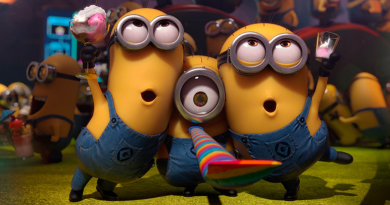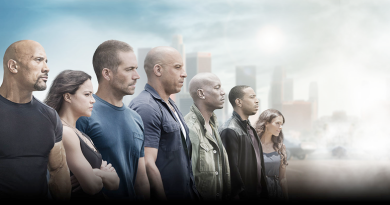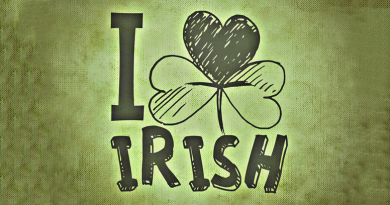I have no real idea of what it feels like to experience a war. What I do know comes from movies and books. Mostly movies.
So I’m pretty sure, for example, that napalm smells quite nice before midday, that doughnuts and fat people aren’t allowed in boot camp, and noble soldiers use bad cuss words. Vietnam- Robin Williams was the DJ, it was so serious he almost didn’t cry, the only natives who spoke were prostitutes and the occasional old man begging for his life, Michael J. Fox was badly shaken, Tom Cruise grew a beard and broke his leg, Willem Dafoe died like Jesus and Marlon Brando started it all with his noble band of cow-killing monkeys. Korea- fought from a single army service hospital in between games of golf. They wore dresses and gave each other cool, noble nicknames. The TV series wasn’t as good as the film. WWII was fought between the cast of Dawson’s Creek and three elegant, vaguely pervy Nazis. Hitler was again played by Marlon Brando and he shot holocaust victims from his window while Gandhi looked on in noble disgust. The first world war was effectively an excuse for poets to get some life experience and any war before 1900 involved Mel Gibson nobly kicking English butt, ass or arse (Och aye! Ya fookin’ choochter!).
A few years ago Saving Private Ryan and The Thin Red Line came out almost at the same time and I started thinking about this. World War II is the war film makers tend to return to when they get ‘serious’. It is the conflict most easily universalised -Switzerland was the only country in the world apart from France which didn’t take part- and we’re all familiar with the book of images which represent it. Reaction split. Steven Spielberg was lauded, loved and praised for making us know exactly what war feels like. He was given four Oscars, loose women were fed to him like clam chowder and he was made king of Norway. Terrence Mallick was attacked for confusing old ladies and for shamefully wasting that nice John Travolta. His credit cards were cancelled and there are outstanding death warrants in his name in four US states. Something was up.
I fell asleep the first time I saw The Thin Red Line. It was pleasant to watch, there wasn’t too much loud gun fire and there were lots of pretty pictures. But recently I watched it again and decided to like it. One scene made it all make sense for me. It is a familiar cliché, the GI dying in his buddies’ arms, but something about it was different. No music building to a crescendo or ostentatious pathos. No entrails slurching out. No tears brushed away as the light fades from his eyes. Woody Harrelson blows up his own bum. It’s funny, to begin with. He writhes and jolts as he slowly figures out what he’s done. "I blew my butt off," he says. Quite. His friends gather around him and he blurts out what he thinks he should say as he’s dying. He acts his own death. And the camera doesn’t capture the end moment. Instead it settles on the face of one of his friends, who smiles oddly. Is that because he is pleased the death wasn’t more protracted, or is he cruel, or has he got indigestion? Did the camera pull away from Woody because our reactions in these type of scenes are always miming those of the friends, or because the image, like memory, can never pin down important moments exactly, or because Mallick thought the important thing was how the friend reacted, not how the soldier died? I don’t know. But I started to think. Not a usual thing in a genre designed to make us switch off and shake at the violence. About how we privilege war experience over everyday life as if it is more important, more vital. As if truths we cannot find walking to Tescos reveal themselves in battle. Prove yourself a man. This is what every self-important flag-waving gore-fest wants you to do.
\cite{Reference2}
I was, however, wide awake during Saving Private Ryan. The first half-hour was horrific. That scene was the only time in a film, and I’ve seen a lot, when I’ve secretly wanted it all to stop. But then enough has already been written about those thirty minutes. Thinking about the film now, though, it didn’t really affect my comprehension of war. I already knew that it wasn’t fun. Instead what it did was affect the way I watch films- I jump at horror films now, I didn’t used to.
So Mallick’s movie used the conventions of the cinema in new ways to give an insight into real life and Spielberg’s used realism to say something about the cinema. To a certain extent that is schematic, trite and unfair. But then so is Saving Private Ryan.
War, Huh?
What do you think, did we get it right? Comment here...
Popular Content
WANT MORE FUNNY LIKE THIS? FOLLOW US ON FACEBOOK









